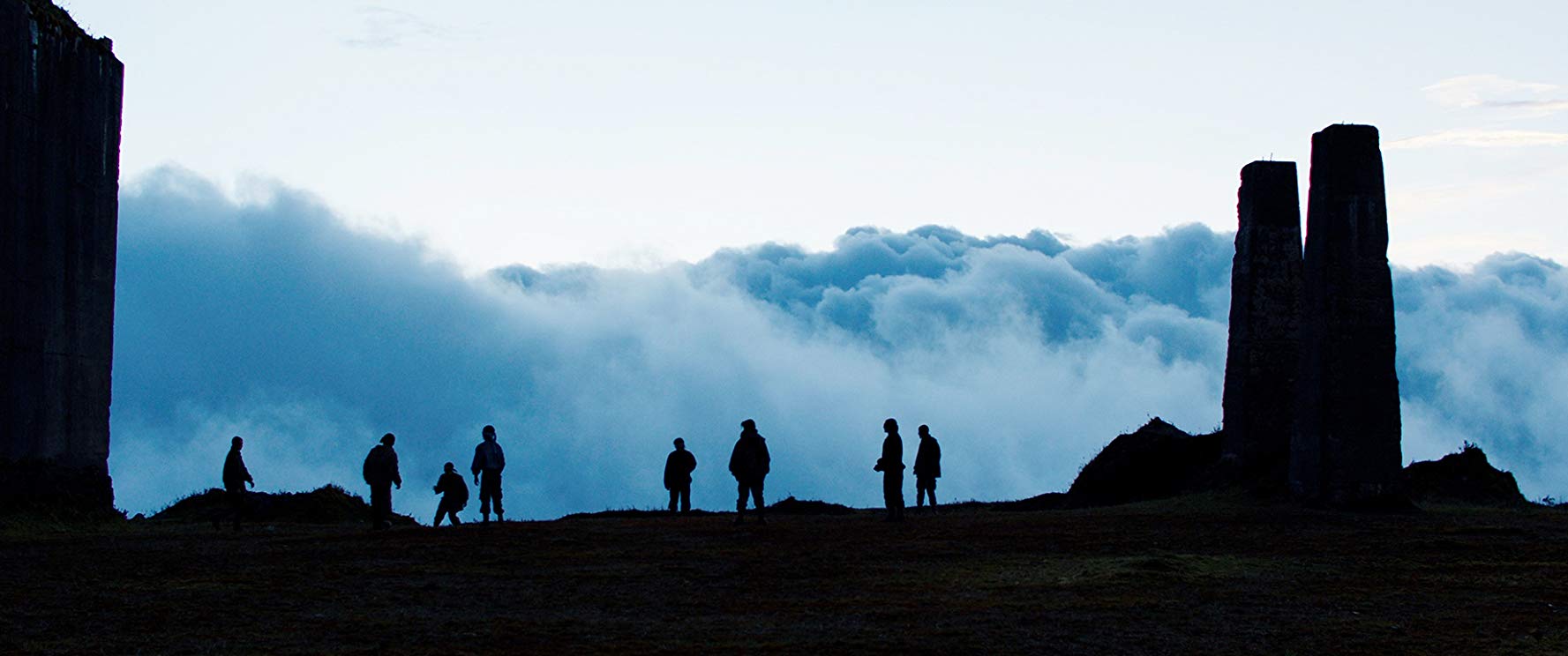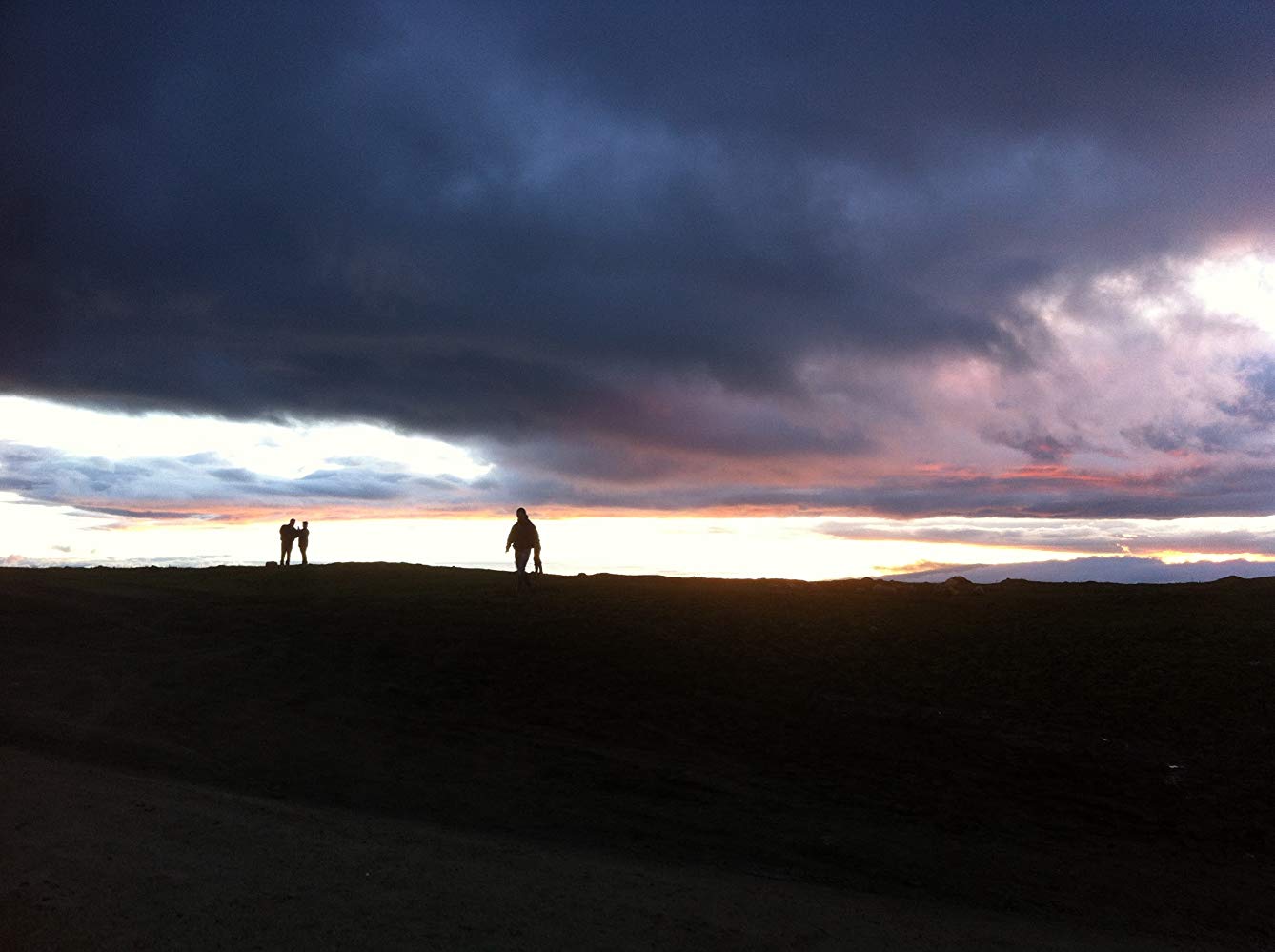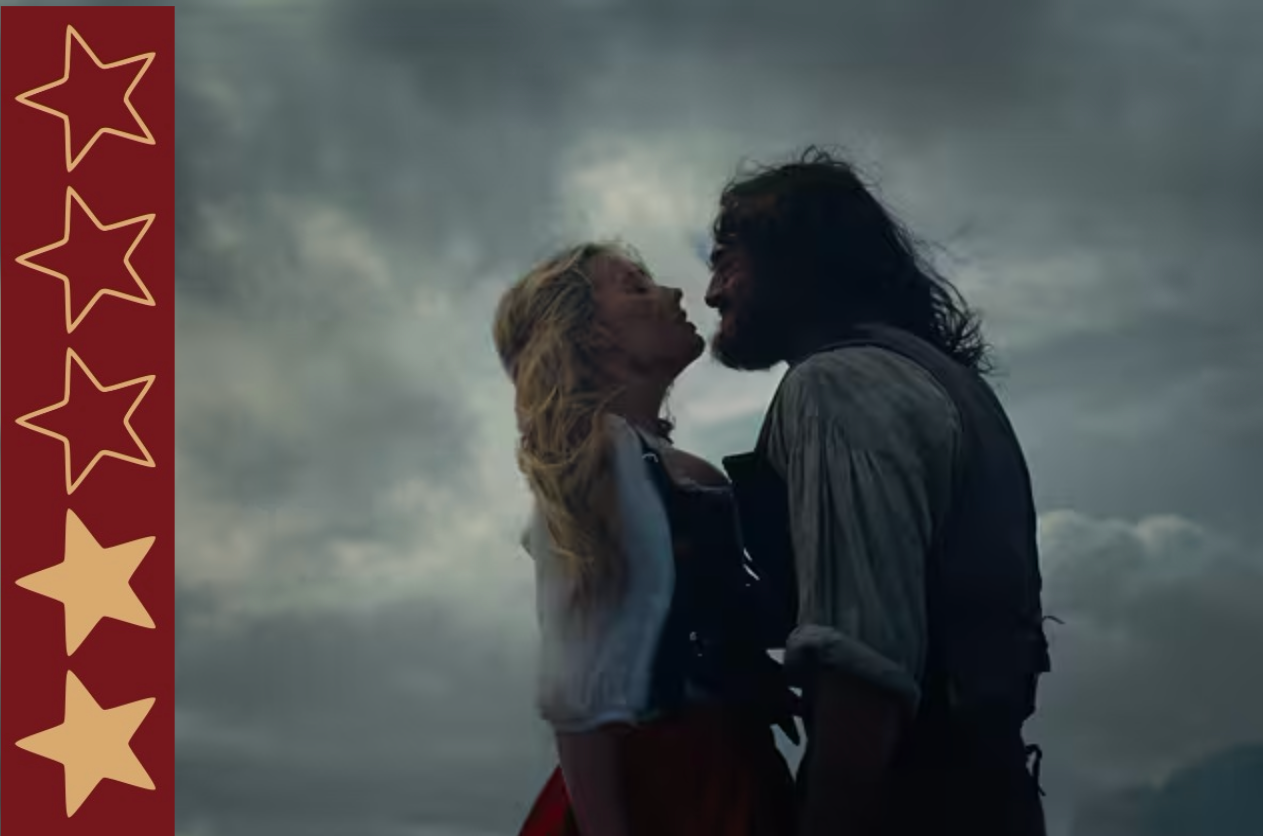By Louie Bell, Deputy Film & TV Editor
Director Alejandro Landes’ psychedelic war drama pulses with teenage angst, exploring child soldiery through an immersive visual and audio experience that draws heavily from Lord of the Flies and Apocalypse Now (1979).
Monos (2019) is a genre-traversing epic of child soldiery that defies even the wildest expectations. Set high above the clouds in the Colombian mountains, it follows a group of teenagers who are enlisted in a brutal child soldiering scheme, fighting an unknown war against an invisible enemy.
Addressing each other only by childish play names that reflect their basic characteristics - ‘Boom Boom’, ‘Lady’, ‘Wolf’ - they are known collectively as the ‘Monos’. These teenage infantry enjoy a wild existence keeping watch over an English prisoner of war known as Doctora (Julianne Nicholson) who continually pleads for release, never to be granted her freedom.
Monos probably should have already won the ‘Best Cinematography’ at the 2020 Academy Awards
The child soldiery plot takes the back foot for much of the first half of the film, instead exploring a playful yet animalistic existence and the group dynamics of the Monos. Typical teenage clashes over sex, relationships and food initially are portrayed as humorous, only to deteriorate into violence, shame and more devastating moments of horror that bring the terrible situation right back to the centre of the viewer’s attention.
The film thus walks a fine line between the childish group dynamics and the horrors of war, highly evocative of William Golding’s 1954 novel Lord of the Flies. At one point a severed cow's head on a stick is seemingly worshipped by the Monos in an obvious reference to Golding’s novel.
Maybe once a year or so, I see a film that blows everything else out of the water. Last year it was that crazy weird Swedish troll film, Borders. This year it was Monos. Don't think anything else will come close for a while. #MonosFilm https://t.co/CpBDTSfmJ5
— Adam Quarshie (@Limbonaut84) November 18, 2019
By rights, Monos probably should have already won the ‘Best Cinematography’ at the 2020 Academy Awards – it’s worth seeing just for the visuals if nothing else. The visual experience of the film stands out deliberately, with deep streaks of scarlet and sunrise orange seeping over the forever-expanding Colombian cloudscape.
They, like the audience, are musing on the nature of this bizarre and mysterious war they seem to be training for
The rain-swept barren land that the Monos inhabit is realised in spectacular detail: they seem exposed to every element at every moment. Young but deeply weather-beaten faces gaze out to the horizon as if they, like the audience, are musing on the nature of this bizarre and mysterious war they seem to be training for.
Each performance is a highly physical embodiment of the character with some of the cast never having acted before. As you might expect from a film of this quality, you would never know it, as the cast are utterly convincing to the point of being terrifying.

The psychedelic experience of watching these characters sweat and sway in the heat of the jungle reminded me of watching Colonel Kurtz in Coppola’s Apocalypse Now (1979), with all of the growing madness and ‘horror… horror…’ thrown in the mix.
As a political statement, the film has clear messages on the pointlessness of the wars we fight, and how young people are drawn in without ever understanding the truth or reasoning behind it. The audience are kept in mystery to reflect the mindset of these isolated children, immersing us in their mentality, with a startlingly abstract score that seems to wander in and out of the soundscape like a lost radio signal: screeching, whirring and whistling to the madness unfolding on screen.
Violence, shame and more devastating moments of horror bring the terrible situation right back to the centre of the viewer’s attention
Monos is ultimately a fantastically engaging cinematic achievement that puts the viewer into a child’s mind during one of the most traumatic series of events possible. The combination of a highly visual and auditory spectrum of experimentation only serves to bring the audience closer and closer to this story – only for it to blow up in your face.
Featured: IMDb / Stela Cine
Do you like Monos' callbacks to cinema and literary history?









